 W
WAkha Bhagat, commonly known as Akho; c. 1615 – c. 1674) or Akha Rahiyadas Soni was a mediaeval Gujarati poet who wrote in the tradition of the Bhakti movement. He wrote his poems in a literary form called Chhappa.
 W
WMohammad Alvi was an Indian poet known for writing Urdu gazals, particularly a collection of Urdu gazals titled Chautha Aasmaan which became a subject of dispute between the Muslims scholars when he wrote a couplet titled "send a good prophet". He was later referred to as a "kafir" through a fatwa by the Imam of Jama Masjid in 1994, and he subsequently withdrew the line from his book after he was criticised by the Islamic theology school, Ahmedabad.
 W
WNiranjan Narhari Bhagat was an Indian Gujarati language poet and commentator who won the 1999 Sahitya Akademi Award for Gujarati language for his critical work Gujarati Sahiyta – Purvardha Uttarardha. He was also an English poet, and had written over a hundred poems in English, most being written in the style of Gitanjali.
 W
WAshwini Bhatt was a Gujarati language novelist.
 W
WAnila Amrutlal Dalal is Gujarati critic and translator.
 W
WAnandshankar Bapubhai Dhruv was a Gujarati scholar, writer, educationist and editor from Gujarat, India. His name is revered as 'Acharya' in Gujarat, and hence generally he is known as Acharya Anandshankar Dhruv.
 W
WBalabhai Virchand Desai, better known by his pen name Jaybhikhkhu, was a Gujarati novelist, short story writer, playwright, essayist, and biographer from Gujarat, India. He is known for his historical novels.
 W
WSaumya Joshi is an Indian poet, writer, playwright, director and actor associated with Gujarati language literature, theatre and films. He is known in Gujarati theatre for his plays Welcome Zindagi and 102 Not Out. Greenroomma is his collection of poems. He has been awarded by Chandravadan Chimanlal Mehta Award for his contribution to Gujarati theatre in 2013. He is also recipients of the Yuva Gaurav Puraskar (2007) and Takhtasinh Parmar Prize (2008-09).
 W
WRatnamanirao Bhimrao Jhote was an Indian historian who wrote extensively on the history and culture of Gujarat.
 W
WDewan Bahadur Keshavlal Harshadrai Dhruv, also spelt as Keshavlal Harshad Dhruva and known by his pen name Vanmali, was a research scholar, philologist, critic, editor of Middle and Old Gujarati works, and translator of Sanskrit classic poetry and plays from India. He was a professor of Gujarati and taught at Gujarat College. He headed several literary organizations.
 W
WYoseph Macwan is a Gujarati poet and critic from Gujarat, India. He is also well known for his contribution in Gujarati children's literature.
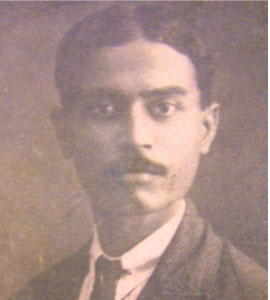 W
WKanchanlal Vasudev Mehta, better known by his pen name Malayanil, was a Gujarati short story writer from British India known for his humourous pieces. He was a pioneer of modern short story writing in Gujarati.
 W
WDamodar K. Mavalankar was an Indian Theosophist.
 W
WDhirendra Pritamlal Mehta is a Gujarati novelist, poet, critic and editor who received the 2010 Sahitya Akademi Award for Gujarati language for his novel Chhavni.
 W
WDewan Bahadur Narmadashankar Devshankar Mehta was a Gujarati writer, historian of philosophy, and administrator from British India. He was a student of Anandshankar Dhruv, and a nephew of Balashankar Kantharia.
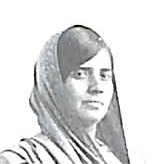 W
WSarojini Mehta (1898-1977) was a Gujarati short story writer from Gujarat, India.
 W
WSharda Mehta was an Indian social worker, proponent of women's education, and a Gujarati writer. Born to a family of social reformers, she was one of the first two women graduates in the modern-day Gujarat state of India. She established institutes for women's education and women's welfare. She wrote several essays and an autobiography as well as translated some works.
 W
WTarak Janubhai Mehta was an Indian columnist, humourist, writer and playwright who is best known for the column Duniya Ne Undha Chasma. He translated and adapted several comedies into Gujarati, and was a well-known figure in the Gujarati theatre.
 W
WJignesh Mevani is an Indian politician. He is a member representing Vadgam constituency in Gujarat Legislative Assembly. He has worked as a social activist and lawyer. He had led protests by Dalits, considered 'lower castes' in the Indian caste hierarchy, in Gujarat in 2016.
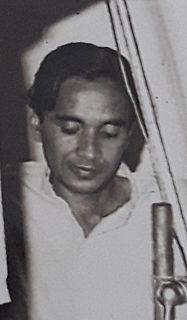 W
WManhar Modi was a Gujarati poet from Gujarat, India. Born and educated in Ahmedabad, he taught Gujarati at various colleges and edited several magazines. He was experimental in his poetry.
 W
WNarsinhrao Divetia (1859–1937) was a poet, linguist and critic of Gujarati literature.
 W
WAmrit Keshav Nayak was a Parsi theatre actor-director, lyricist and Gujarati author. He joined theatre at early age and later directed several plays including adaptations of plays of Shakespeare. He wrote plays and novels also.
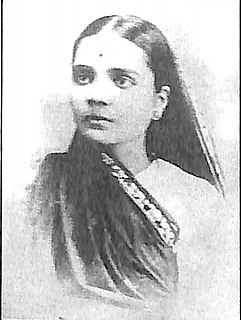 W
WVidyagauri Nilkanth was an Indian social reformer, educationist, and writer. She was also one of the first two women graduates in Gujarat.
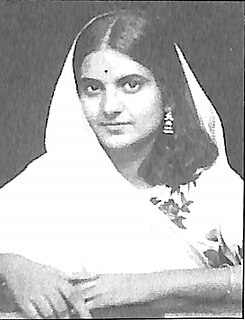 W
WVinodini Ramanbhai Nilkanth was a Gujarati writer, translator, and academic. She wrote novels, essays, short stories, journalist columns, and children's literature.
 W
WKaajal Oza Vaidya is an author, screenwriter, radio personality and journalist from Ahmedabad, India. She initially worked as a journalist and actress. She has written more than 56 books including novels, short stories and essays. She has written stories, dialogues and scripts of soap operas and films. She writes columns in several publications and hosts a radio show.
 W
WNalin Chandrakant Raval is a Gujarati poet and short story writer from India. Born in Ahmedabad and educated in languages, he taught in colleges. He published five poetry collections along with short stories. He received several awards including Ranjitram Suvarna Chandrak.
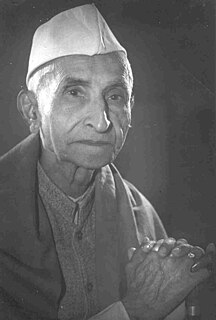 W
WRavishankar Raval (1892–1977) was a painter, art teacher, art critic, journalist and essayist from Gujarat, India. He worked for the magazine Vismi Sadi until it closed in 1921, and then founded the cultural magazine Kumar.
 W
WPriti Sengupta is a Gujarati poet and writer from Gujarat, India. She received Kumar Suvarna Chandrak in 2006. She has written several travelogues.
 W
WVibhut Shah is a contemporary Gujarati novelist, playwright and short story writer from India.
 W
WWali Muhammad Wali (1667–1707), also known as Wali Dakhani,, Wali Gujarati and Wali Aurangabadi, was a classical Urdu poet from India.